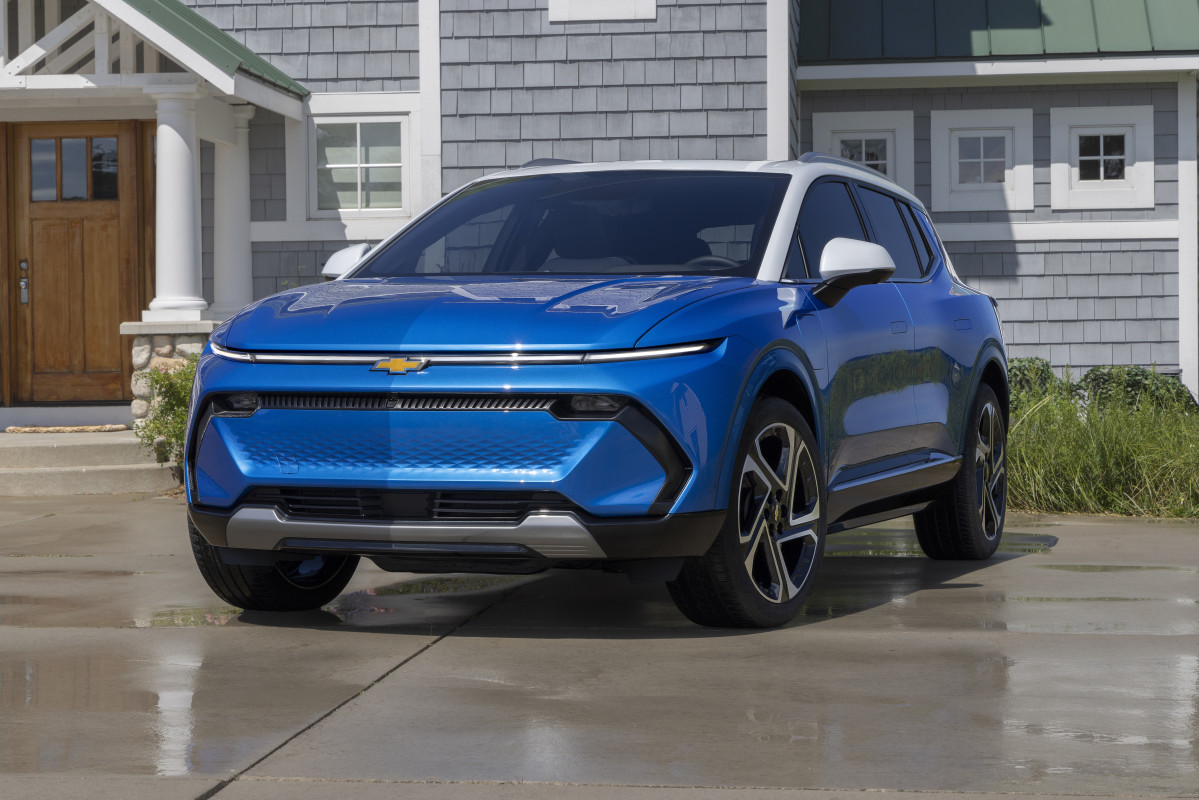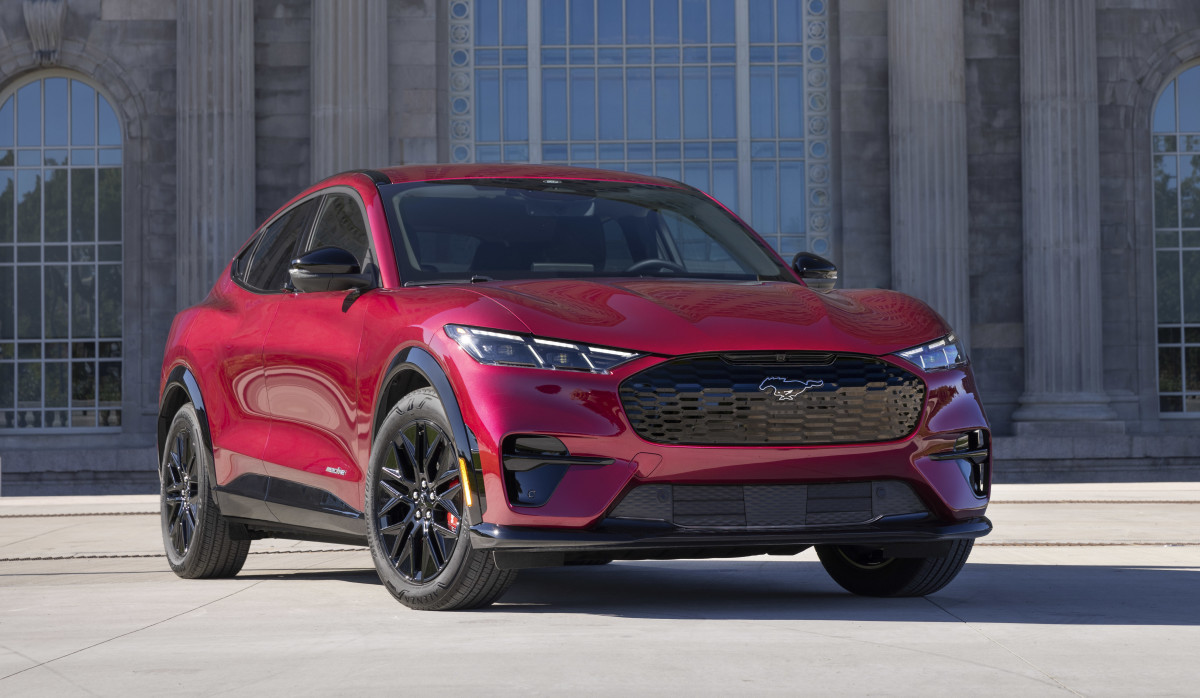A second chance for EV buyers
Electric vehicle buyers who were left empty-handed on their promised $7,500 federal tax credit due to a bureaucratic hiccup now have a second shot at claiming their money. The IRS has announced a change that allows dealers to retroactively submit sales reports for qualifying clean vehicle purchases made in 2024, addressing a major frustration for both buyers and sellers.
What went wrong?
When the federal EV tax credit became available as an instant discount at the point of sale in 2024, it seemed like a win for consumers. However, there was a catch: dealers had to register with the IRS and report the sale within just three days. If they failed to do so, the buyer lost the credit — potentially thousands of dollars — without an easy way to correct the mistake.

Chevrolet
Many dealerships either weren’t familiar with the reporting process or simply missed the deadline, leaving EV buyers frustrated. Even worse, some dealers fronted the credit to customers expecting to be reimbursed by the IRS, only to find themselves out of pocket when they failed to meet the reporting requirement.
A long-awaited fix
Thanks in part to pressure from the National Automobile Dealers Association (NADA), the IRS has now lifted the strict three-day deadline, allowing dealers to retroactively report sales for any qualifying EV purchased in 2024. The change is already in effect, and dealers can start using the updated IRS portal immediately.

Ford
While the IRS hasn’t specified how long this retroactive option will remain available, NADA is encouraging dealers to act quickly. Buyers who missed out on their credit should contact the dealership where they purchased their EV and ensure the sale is reported properly.
Why this matters now
The timing of this fix is particularly important given the economic landscape. With the Trump administration set to impose 25% tariffs on imported vehicles starting in April, car prices are likely to climb. That makes the $7,500 tax credit more valuable than ever for buyers looking to offset rising costs.

Hyundai
For many EV shoppers, this fix represents not just a financial reprieve but also a step toward making electric vehicles more accessible and affordable. However, it also highlights the need for smoother, more reliable government programs that don’t put consumers at risk of losing out on benefits due to paperwork delays.
What should EV buyers do now?
If you bought an EV in 2024 and were denied the tax credit, reach out to your dealer as soon as possible. Since only dealers can access the IRS’s updated reporting system, they will need to submit the necessary information on your behalf. Don’t wait too long—the IRS has not indicated how long this fix will remain available.
Final thoughts
While this update is great news for EV buyers, it also serves as a reminder of the complexities of government incentives. Hopefully, future policies will be designed to prevent such issues from arising in the first place.